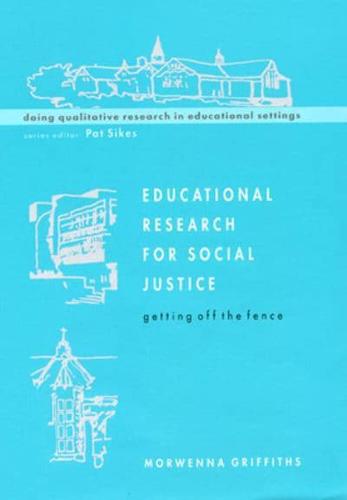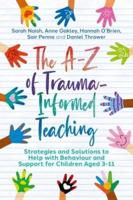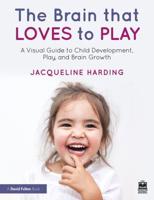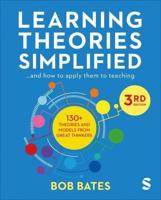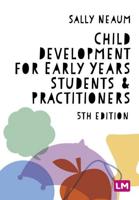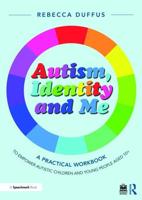Publisher's Synopsis
This is a book for all researchers in educational settings whose research is motivated by considerations of justice, fairness and equity. It addresses questions such researchers have to face. Will a prior political or ethical commitment bias the research? How far can the ideas of empowerment or 'giving a voice' be realised? How can researchers who research communities to which they belong deal with the ethical issues of being both insider and outsider?
The book provides a set of principles for doing educational research for social justice. These are rooted in considerations of methodology, epistemology and power relations, and provide a framework for dealing with the practical issues of collaboration, ethics, bias, empowerment, voice, uncertain knowledge and reflexivity, at all stages of research from getting started to dissemination and taking responsibility as members of the wider community of educational researchers.
Theoretical arguments and the realities of practical research are brought together and interwoven. Thus the book will be helpful to all researchers, whether they are just beginning their first project, or whether they are already highly experienced. It will be of great value to research students in designing and writing up their theses and dissertations.
